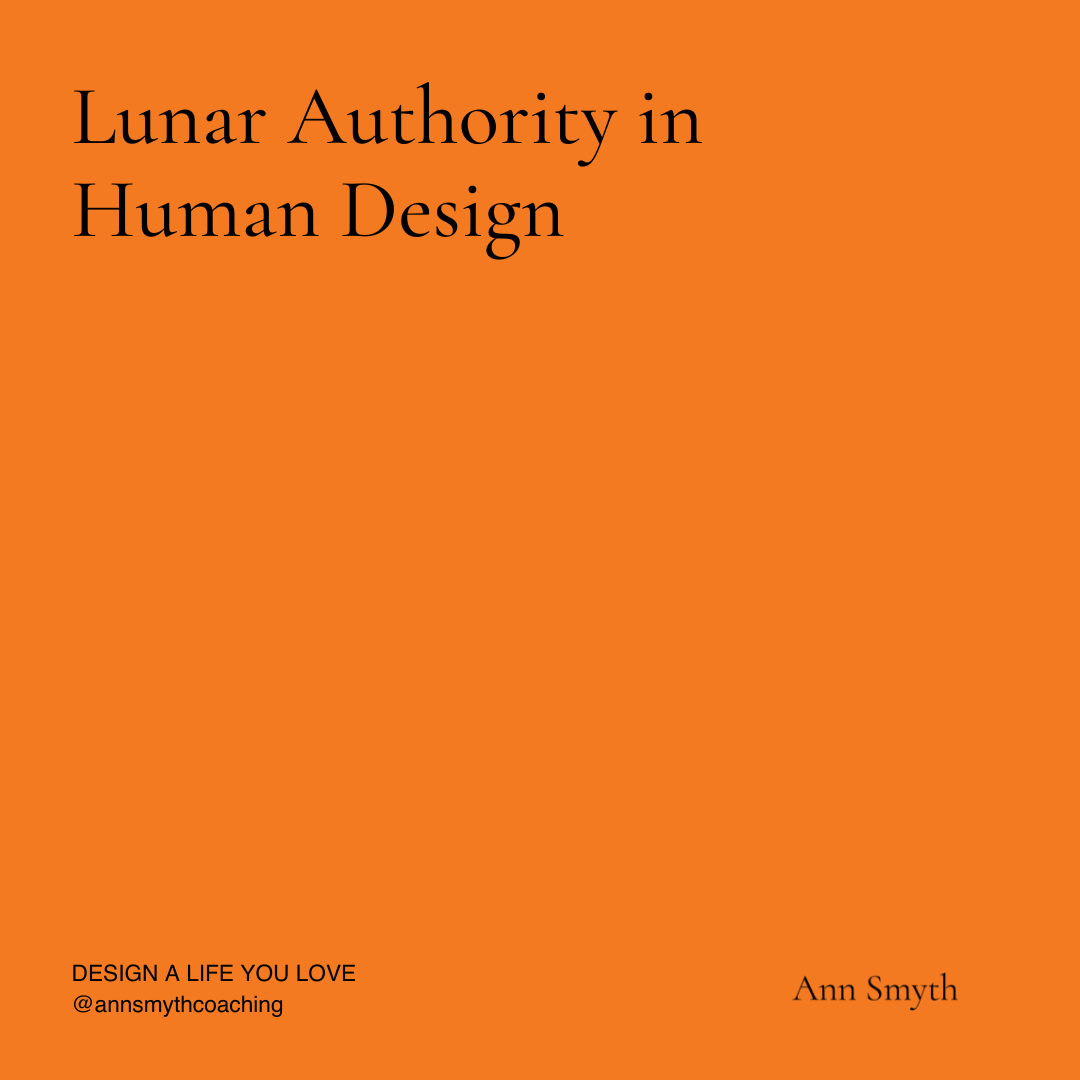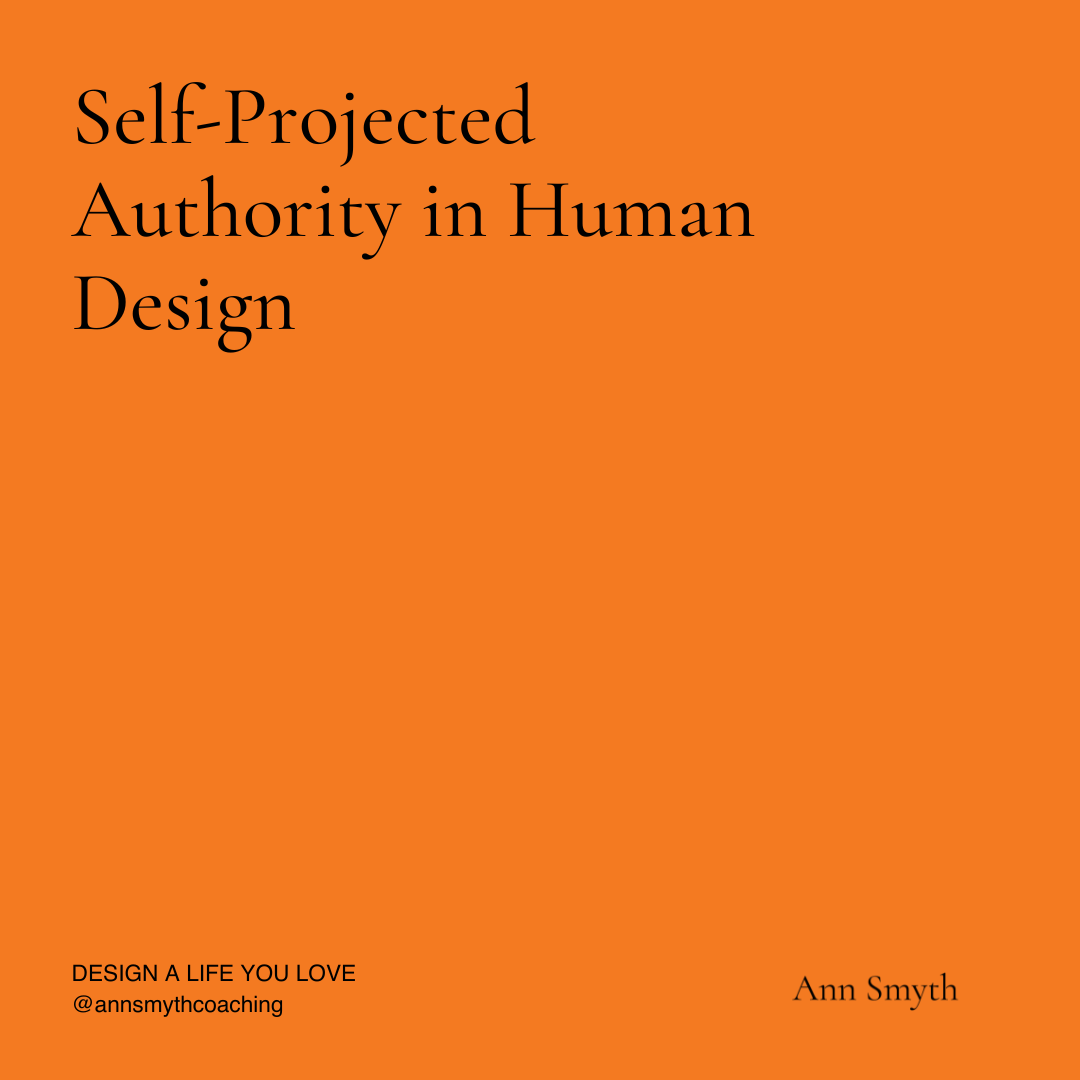Embracing Imperfection: The Power of Vulnerability and Authenticity
“The truth is: Belonging starts with self-acceptance. Your level of belonging, in fact, can never be greater than your level of self-acceptance, because believing that you’re enough is what gives you the courage to be authentic, vulnerable and imperfect.”
In a world dominated by social media highlight reels and curated personas, the pressure to present a flawless image of ourselves can feel overwhelming. From glossy magazine covers to meticulously filtered Instagram posts, society often celebrates perfection while shunning vulnerability. However, beneath the facade of flawlessness lies a deeper truth – the power of embracing imperfection and vulnerability.
Embracing imperfection is not about resigning oneself to mediocrity; it's about acknowledging our humanity and embracing the beauty in our flaws. It's about recognizing that perfection is an illusion, and true authenticity lies in being unapologetically ourselves. This journey toward authenticity requires courage, vulnerability, and a willingness to let go of the need for external validation.
Vulnerability, as described by renowned researcher Brené Brown, is the key to meaningful connections and personal growth. It involves the willingness to show up and be seen, even when there are no guarantees. When we allow ourselves to be vulnerable, we open the door to genuine relationships, creativity, and fulfilment.
In this article, we'll explore the transformative power of vulnerability and authenticity. We'll delve into practical strategies for letting go of perfectionism and embracing our true selves. By embracing imperfection, we can cultivate deeper connections, unlock our creativity, and ultimately live more fulfilling lives.
Understanding Vulnerability and Authenticity
Vulnerability involves acknowledging our fears, insecurities, and uncertainties, and having the courage to express them openly. It's about being honest with ourselves and others, even when it feels uncomfortable or risky. Authenticity, on the other hand, requires self-awareness and integrity. It's about living in alignment with our true selves, rather than pretending to be someone we're not to fit in or gain approval.
The Transformative Power of Vulnerability
Contrary to common belief, vulnerability is not a weakness but a strength. It's the birthplace of innovation, creativity, and change. When we allow ourselves to be vulnerable, we open the door to genuine connections with others. By sharing our struggles, fears, and insecurities, we create opportunities for empathy and understanding, fostering deeper relationships built on trust and authenticity.
When we're vulnerable, we permit others to do the same, creating a space for genuine connection and intimacy. Vulnerability allows us to break down barriers and cultivate empathy, as we recognise our shared humanity and common struggles. It also fosters resilience, as we learn to embrace failure and setbacks as part of the growth process. Ultimately, vulnerability enables us to live more fully and authentically, without fear of judgment or rejection.
Breaking Free from Perfectionism
Perfectionism is a relentless pursuit of flawlessness and an unrealistic standard that often leads to anxiety, self-doubt, and burnout. By embracing imperfection, we free ourselves from the shackles of perfectionism, allowing room for growth, learning, and self-compassion. Rather than striving for flawlessness, we focus on progress and celebrating our efforts, regardless of the outcome.
Perfectionism often stems from a fear of failure or rejection, as we worry about not being good enough or meeting others' expectations. However, perfectionism is an unattainable ideal that only serves to hold us back and prevent us from reaching our full potential. By embracing imperfection, we learn to accept ourselves as we are, flaws and all, and recognize that our worth is not defined by external achievements or validation.
Cultivating Self-Compassion
Central to embracing imperfection is cultivating self-compassion – treating ourselves with kindness and understanding, especially in moments of struggle or failure. Self-compassion involves recognizing our common humanity, understanding that imperfection is part of the human experience, and extending the same empathy and kindness to ourselves that we would to a friend in need.
Self-compassion is about treating ourselves with the same kindness, care, and understanding that we would offer to a loved one in a similar situation. It involves acknowledging our pain and suffering without judgment and responding with warmth and compassion. Self-compassion enables us to navigate life's challenges with greater resilience and acceptance, as we learn to embrace our imperfections with kindness and understanding.
Practical Strategies for Embracing Vulnerability and Authenticity
Practice Mindfulness: Cultivate awareness of your thoughts and emotions without judgment. Mindfulness helps you recognize when you're holding back or putting up walls and allows you to lean into vulnerability with courage and openness.
Start Small: Take gradual steps outside your comfort zone. Share a personal story or ask for help when needed. Each small act of vulnerability strengthens your resilience and builds confidence in your ability to navigate discomfort.
Forge Genuine Connections: Foster authentic relationships by being genuine and transparent in your interactions. Share your experiences, thoughts, and feelings openly, and encourage others to do the same. Authentic connections thrive on mutual vulnerability and trust.
Celebrate Mistakes and Failures: Shift your perspective on failure from a source of shame to an opportunity for growth. Embrace mistakes as valuable learning experiences and celebrate the courage it takes to try, regardless of the outcome.
Set Boundaries: Honor your needs and values by setting clear boundaries in your personal and professional life. Boundaries protect your emotional well-being and allow you to show up authentically without compromising your values or integrity.
Human Design and Designing a Life You Love
Human Design is a holistic system that combines elements of astrology, the I Ching, Kabbalah, and the chakra system to provide individuals with insights into their unique personality traits, strengths, and life purpose. By understanding their Human Design type, individuals gain valuable insights into their natural tendencies, preferences, and areas for growth.
Central to the philosophy of Human Design is the idea that each person is inherently unique, with their own set of talents, challenges, and life path. By embracing their Human Design, individuals can align their life choices, career paths, and relationships with their authentic selves, leading to greater fulfilment and success.
Moreover, designing a life you love emphasises the importance of intentional living and conscious decision-making. Rather than simply drifting through life, individuals are encouraged to take an active role in shaping their destiny, making choices that align with their values, passions, and goals.
By incorporating principles from Human Design into the process of designing a life you love, individuals can gain clarity and direction in their personal and professional endeavours. They can leverage their unique strengths and talents to pursue meaningful work, cultivate fulfilling relationships, and create a life that reflects their deepest aspirations.
Human Design offers a powerful framework for self-discovery and personal growth, empowering individuals to embrace their authenticity and design a life that brings them joy, purpose, and fulfilment. By integrating the principles of Human Design into the process of designing a life you love, individuals can unlock their full potential and live a life that is truly aligned with their unique essence.
Journal Prompts and Self-Reflections for Authenticity and Vulnerability
As we navigate the transformative journey of embracing vulnerability and authenticity, self-reflection becomes a powerful tool for deepening our understanding and implementing practical strategies in our lives. To aid in this process, we've curated a series of journal prompts and self-reflections designed to help you explore these concepts on a personal level.
Journal Prompt 1:
Reflect on a time when you felt pressure to present a flawless image of yourself. How did this impact your emotions and behaviour?
Journal Prompt 2:
Consider a recent experience where you allowed yourself to be vulnerable. What were the outcomes? How did it feel to show your true self?
Journal Prompt 3:
Explore the concept of authenticity in your own life. Are there areas where you feel aligned with your true self? Are there areas where you struggle to be authentic?
Journal Prompt 4:
Think about a time when you experienced self-doubt or perfectionism. How did this affect your mindset and actions? What strategies can you implement to let go of perfectionism and embrace imperfection?
Journal Prompt 5:
Consider the role of self-compassion in your life. How do you treat yourself during moments of struggle or failure? Are there ways you can cultivate more self-compassion?
Journal Prompt 6:
Reflect on the practical strategies mentioned in the article for embracing vulnerability and authenticity. Which strategies resonate with you the most? How can you incorporate them into your daily life?
Journal Prompt 7:
Explore the concept of Human Design and its implications for living authentically. Have you ever explored your Human Design type? If so, how has this knowledge influenced your self-awareness and decision-making?
Journal Prompt 8:
Consider the idea of designing a life you love. What does this concept mean to you? Are there changes you would like to make in your life to align more closely with your authentic self?
Conclusion
In a world that often values perfection over authenticity, embracing imperfection is a radical act of self-love and courage. It's about rejecting societal expectations and embracing the messy, beautiful reality of being human. By embracing our vulnerabilities and imperfections, we open ourselves up to a world of possibility and connection.
Embracing imperfection is not always easy. It requires courage to show up and be seen, even when we fear judgment or rejection. However, the rewards are immeasurable. When we embrace imperfection, we free ourselves from the suffocating grip of perfectionism and allow room for growth, creativity, and self-compassion.
As we journey toward authenticity, let us remember that vulnerability is not a weakness but a strength. It's the key to meaningful connections and deep fulfilment. By embracing our vulnerabilities and sharing our authentic selves with the world, we can create a more compassionate, empathetic, and connected society.
So, let us embrace imperfection with open arms, knowing that our flaws are what make us uniquely beautiful. Let us celebrate our authenticity and vulnerability, knowing that they are the keys to a life well-lived. And let us journey forward with courage, compassion, and a commitment to embracing our true selves, imperfections and all.
Resource Recommendation:
A fitting book recommendation for the themes explored in this article would be "Daring Greatly: How the Courage to Be Vulnerable Transforms the Way We Live, Love, Parent, and Lead" by Brené Brown. In this insightful book, Brown delves into the transformative power of vulnerability and authenticity, providing practical strategies for embracing imperfection and fostering deeper connections in various aspects of life, including relationships, parenting, and leadership. Drawing on extensive research and personal anecdotes, Brown offers invaluable insights into the importance of vulnerability in living a more fulfilling and authentic life.
This post may contain affiliate links.




